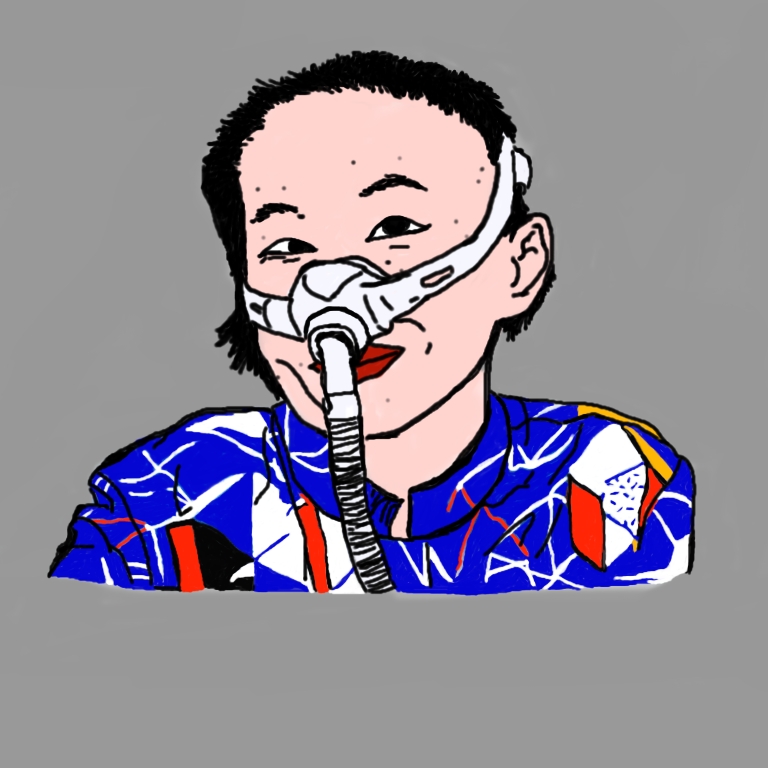As part of a speaker series organized by McGill Gender, Sexuality, and Feminist Studies Faculty Lecturer Dr. Alex Ketchum, author and disability rights activist Alice Wong and Faculty of Education professor Elizabeth Patitsas gathered virtually on Oct. 28 to discuss the diverse experiences of people with disabilities.
Wong, the keynote speaker, is the editor of the anthology Disability Visibility: First-Person Stories from the Twenty-first Century. Wong explained the book is intended for all audiences, noting that there is power in accessible language and in digging deeper than the mainstream representations of individuals with disabilities.
In her introductory remarks, Wong described her book as a celebration of people with disabilities, highlighting universal aspects of humanity.
“There’s a lot [of content in my book] of people just living their lives, and I think that’s really important,” Wong said. “Not all of them talked about disability. They talked about their careers or their passions or their work [….] I think that today is really important, more than the basic ‘this is what it’s like’ […] because I think we’ve seen that already.”
Wong did not use much, if any, scholarly writing in her book, because she found it difficult to access in many ways. She argued that the language in scholarly writings is out of reach from her own understanding, and she pointed to this as being problematic for the greater community of people with disabilities.
“There’s so much important knowledge being created by scholars that is so out of reach to the communities they’re writing about,” Wong said. “I do think that scholars should practice plain-language writing because what is the point of creating all this work if people aren’t going to be able to access it? [….] I think people should care about that.”
On the subject of learning and academia, Patitsas highlighted the value of incorporating discussions about disability in classroom curricula. Both Wong and Patitsas agreed that more disability representation is something that benefits everyone.
“One thing […] I would add on for teachers in the audience is thinking about how you can talk about disability and make that part of your curriculum, because disability touches on everything,” Patitsas said. “Right now, the standard in our culture is to not talk about disability, to hide it, make it invisible, and […] for disabled students, it’s hard for them to know about disabled history.”
Wong shared her experiences growing up with a disability in an educational system designed for non-disabled people. Her greatest childhood frustration was the persistent feeling of being a burden on her teachers. Wong agreed with Patitsas that there must be a shift away from merely tolerating students with disabilities in classrooms, and towards creating an environment that allows them to flourish.
“There are so many things that I wasn’t included in or just put on the sideline as a kind of afterthought,” Wong said. “I think there are so many creative ways to think about how [to] bring everybody in without making that student feel so […] under the spotlight. I think this is a call for teachers to really be creative.”
During the question and answer period, Anna Ma, B.A. ‘18 and Professor Patitsas’ research assistant, asked if Wong had any advice on how to have productive family conversations about disability in the context of Chinese-American homes. Wong admitted that for her, sometimes letting go is more productive than trying to educate.
“I think I have been traumatized, to be honest, by comments, stereotypes, and […] assumptions,” Wong said. “For me what’s been really helpful is knowing that I’m not alone in this.”
Wong assured Ma that it is possible to find support in a chosen family.
“For a while I thought maybe I was missing something in my communication with my parents and relatives,” Ma said. “It’s just really nice to have these feelings validated and to know that you’re not alone.”









If you missed the event, it was recorded. You can watch it and other events from the speaker series at: https://www.feministandaccessiblepublishingandtechnology.com/p/videos.html